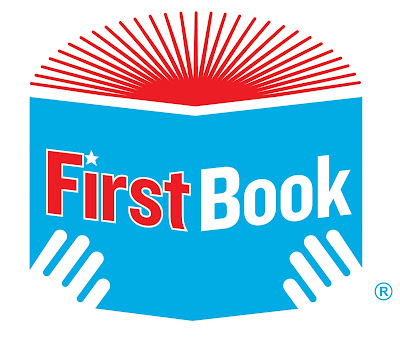 |
| It’s #WAR, but who is the enemy now? EPA/Jim Lo Scalzo |
By Scott Lucas, University of Birmingham
Did Steve Bannon jump or was he pushed? Bannon’s opponents spoke of a firing, while his allies – and Bannon himself – said he had planned to resign for weeks. Turns out both sides were right. But that is only the start of a tale in which the final chapters are not yet written.
Within hours of leaving his post, Bannon was back as executive chairman of Breitbart. Staff at the right-wing publication, including senior editor Joel Pollak, had already declared “#WAR” on the White House as soon as their boss’s departure was announced.
A Bannon friend said: “Steve’s unchained. Fully unchained.” Another said: “It’s now a Democrat White House”.
At a staff meeting, Bannon refined the blunt declarations. The line that Trump himself would not be attacked was repackaged as a “war for Trump”. That war would be against Trump’s enemies – but not the counter-protesters at Charlottesville or even the “fake media”. The war would be waged on those considered the president’s foes within the White House.
Breitbart has already lined up its first target: national security adviser H R McMaster. The hard right had been set against McMaster since the spring, when he pushed Bannon off a key committee of the National Security Council. Then, with leverage from the appointment of Kelly as chief of staff, McMaster removed four of Bannon’s allies from the council. This tussle led Bannon’s camp to counter-attack on social media, calling for “McMasterOut”.
 |
| Trump with McMaster earlier in the summer. EPA |
Bannon and his allies had been whipping up an electronic and social media campaign against McMaster for some time. They tried to rally opposition to a review of Afghanistan policy, with Bannon pushing for a privatisation of the US intervention.
The prelude to the war came after Charlottesville when Bannon supported Trump in his message that both sides were to blame for the violence in Charlottesville — thereby tacitly supporting the white supremacists, even while other advisers warned him against such statements.
Kelly hit back. His allies spread stories that Trump disliked Bannon’s leaking, especially about White House in-fighting, and the books and articles portraying the chief strategist as the power in the executive. Bannon also helped design his own demise – unwittingly or deliberately – by committing “suicide by journalist”. Piqued by a story in The American Prospect about North Korea, he called up the journalist to complain about the government’s approach – which he blamed on generals like McMaster. The enemy, he said, was China in an economic war. He also boasted about his influence, claiming he could have people fired in the government.
The article was quickly presented to Trump. On Friday morning, in a staff meeting, the president said his right-hand ideologue would be leaving that day.
The beginning of the end
The Bannon-Breitbart campaign to vanquish McMaster, and then maybe National Economic Council director Gary Cohn, and then maybe Kelly, and then maybe even Jared Kushner and Ivanka Trump will get the publicity accorded to a dramatic story.
Framed as a valiant fight against the “deep state”, it will have its vocal partners. We’ll hear from alt-right polemicist Mike Cernovich, who accused McMaster of manipulating intelligence reports to Trump. We’ll also get insight from “Pizzagate” agitator Jack Posobiec, InfoWars conspiracy theorist Alex Jones (“McMaster’s sold out”), and even ex-KKK grand wizard David Duke.
It is unlikely to succeed. The retired generals in the White House have succeeded in containing the machinery around Trump, even if the president cannot be restrained on Twitter. They will have the power of executive agencies behind them. Most of the media will have no desire to aid and abet Bannon. Posobiec may appeal to the wonders of social media and InfoWars but, as Charlottesville showed, the alt-right is discovering that it may not even have a secure position on that battleground.
Still, the campaign will be a most unwelcome flank attack as Trump finds himself surrounded on all sides: the Russia investigation, the failure to pass a single major piece of legislation since January, the questions over ethics and conflicts of interests, the looming deadline for adoption of the federal government’s budget, and the white supremacy spectre.
Once upon a time – even last week – the mantra “Trump still has his base” was being invoked to minimise the threat to the president. Now even that base is fragmenting.
For the occupant of the White House, it is now Total #WAR.
About Today's Contributor:
Scott Lucas, Professor of International Politics, University of Birmingham
This article was originally published on The Conversation. Read the original article.






























